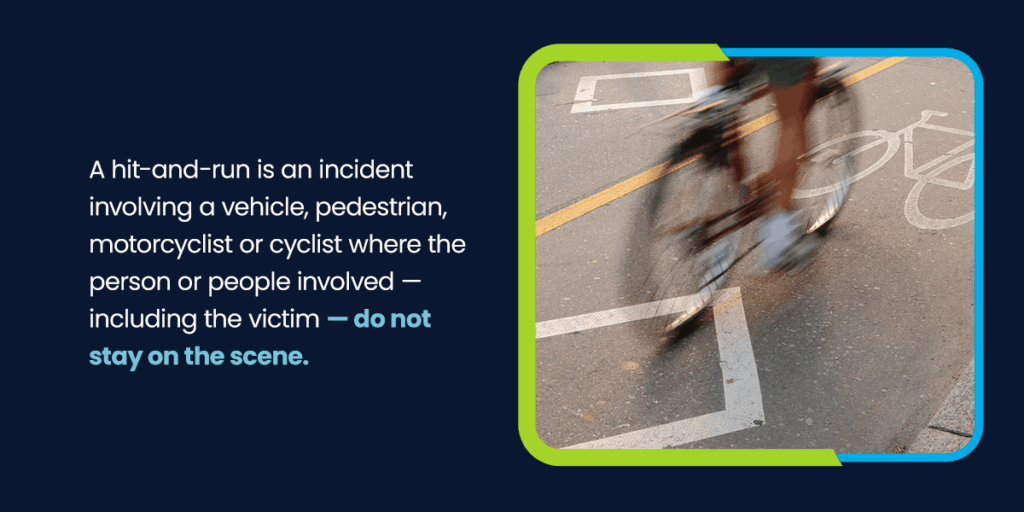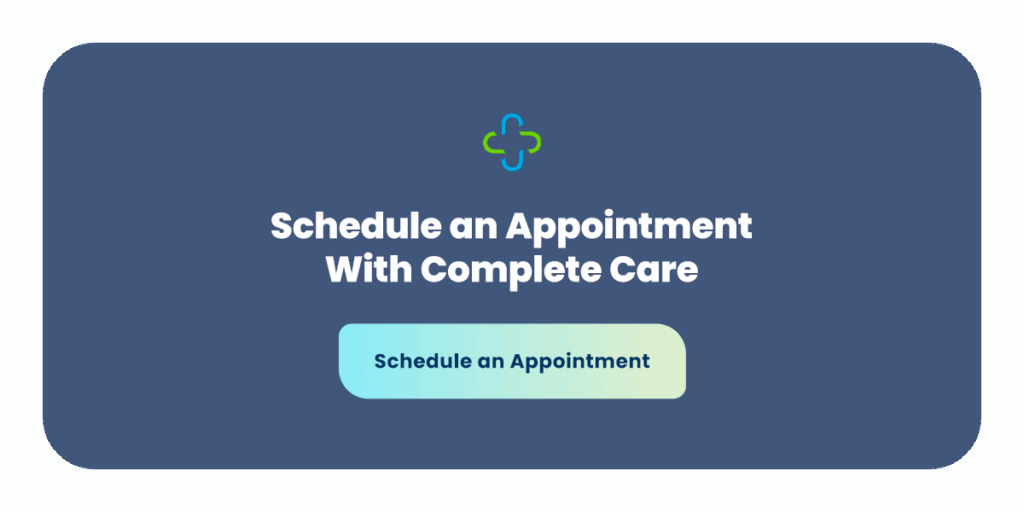Hit-and-runs occur every year, and roughly 25% of crashes in Florida involve a hit-and-run incident. These incidents can result in property damage, injuries and, in severe cases, death. Every state has different definitions for a hit-and-run, penalties for being involved in one and recommended actions to take after one occurs.
In Florida, hit-and-run incidents occur frequently, but not every resident understands when to contact authorities or how to remedy the situation. Here, you can learn more about hit-and-run laws and penalties in Florida, as well as what to do if you’re involved in one.
Whether you cause an accident or are the victim of one, leaving the scene of an auto accident is illegal in Florida. Residents must understand what constitutes a hit-and-run and its consequences. Knowing this information can help you determine the proper course of action during and after these situations and reduce associated financial strain from auto or property damage.
A hit-and-run is an incident involving a vehicle, pedestrian, motorcyclist or cyclist where the person or people involved — including the victim — do not stay on the scene, pull over or provide insurance information with the other party. Examples of a hit-and-run include:
It’s often beneficial to contact the authorities after a hit-and-run. The police can verify driver information and offer advice for next steps. However, in some cases, you may not need to contact authorities. For example, if someone damages a fence or mailbox, the property owner and person at fault can exchange information and determine how to handle the situation.
However, providing contact or insurance information is essential, even in scenarios that don’t require a police presence. If this exchange does not occur, those involved will be guilty of a hit-and-run.

The penalties of a hit-and-run can vary depending on the severity of the incident, what object received damage and whether injuries or fatalities occurred. In Florida, penalties could include:
It’s essential to take proper action after a hit-and-run occurs. Follow these steps to ensure your safety and begin remedying the situation:
It’s understandable to have questions about any accident you’ve experienced. Here are some of the most common questions regarding hit-and-runs to help you navigate and understand what happens after one occurs.
You can report a hit-and-run incident in several ways. You can contact Florida Highway Patrol from your cell phone by calling *FHP (*347) or report the incident anonymously by calling Florida Crime Stoppers at **TIPS (**8477). You can also use the Florida Crime Stoppers mobile app to report the incident online.
Florida law requires people with a four- or more-wheel vehicle to possess property damage liability (PDL) insurance. This means that if another person causes a hit-and-run incident, their PDL will ease costs associated with repairing or replacing a vehicle or other property items.
However, if the authorities cannot locate or identify the other driver, there are three types of coverage that can help you. Personal injury protection (PIP), uninsured motorist coverage and collision coverage can provide relief for medical expenses and vehicle or property repairs. Keep in mind that the accident can impact your insurance rates, but this will depend on your specific coverage, unique circumstances and previous accidents.
Many people look for common injuries after auto accidents, such as whiplash, cuts, bruises and aches. However, vehicle accidents can result in external and internal injuries, which can be hard to detect. These incidents can also have long-term impacts on your body and mind. It’s always best to seek medical attention after an auto incident to help identify hidden injuries, treat external injuries and find personalized advice or treatment to manage any pain or concerns you may have.
If you’ve recently been in a hit-and-run in Florida, seeking comprehensive and timely medical attention is essential, even if you don’t suspect injury. At Complete Care, our providers solely focus on evaluating, treating and managing auto injuries so that you can feel confident in your choice of treatment plans, rehab, diagnostic imaging and other related and necessary services.
With 28 locations across Central Florida, you can always find a convenient facility to receive quality care. We also encourage same-day and walk-in appointments and ride services so one of our professionals can see you as quickly as possible. Request an appointment with our providers or call us at (844) 699-2273 to find quality and reliable care.

The information provided on this website does not, and is not intended to, constitute legal advice; instead, all information, content, and materials available on this site are for general informational purposes only. Information on this website may not constitute the most up-to-date legal or other information. This website contains links to other third-party websites. Such links are only for the convenience of the reader, user or browser.